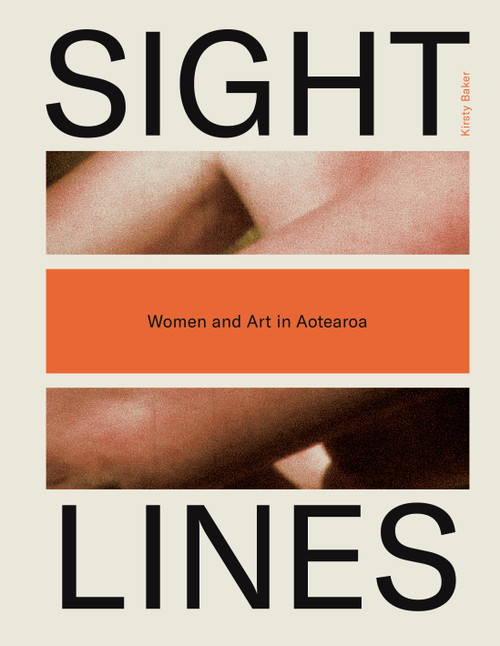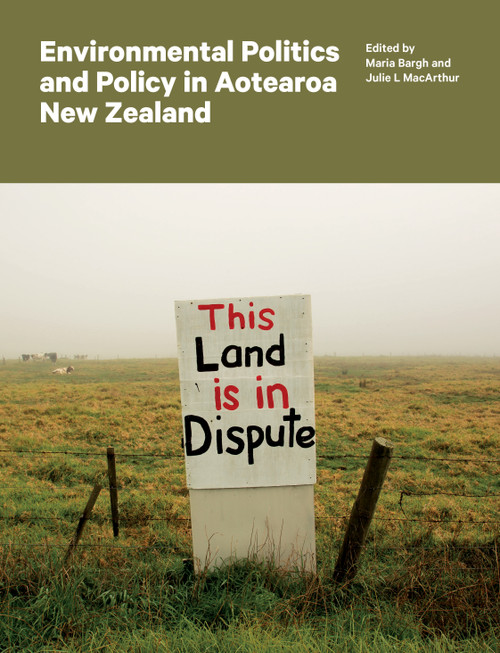
The Aotearoa Handbook of Criminology
Elizabeth Stanley, Trevor Bradley, and Sarah Monod de Froideville
The first handbook of New Zealand criminology, for students and practitioners.
With chapters by leading scholars of criminology from across the country, The Aotearoa Handbook of Criminology represents a state-of-the-art account of crime and criminal justice in Aotearoa New Zealand.
The handbook is structured into four parts that explore the politics of researching and representing crime, key types of crime, the workings of criminal justice, and the differential experiences of crime and justice. The handbook outlines the foundations of current approaches to crime, victims and offenders, alongside critical, decolonising, and feminist perspectives on criminological ideas and practices.
Fully referenced and with study questions and further reading, The Aotearoa Handbook of Criminology will be a critical resource to New Zealand students and practitioners. It will also help propel future improvements to how we define crime, how we prevent it, and how we can respond in much better ways to those who are victimised by crimes and wider harms.
Editors
Professor Elizabeth Stanley is an internationally recognised scholar in the areas of state crime, human rights, incarceration, and social justice. Her work is highly regarded for its originality, quality, and social impact. Her books include: Human Rights and Incarceration (edited collection, Palgrave, 2018); State Crime and Resistance (edited collection, Routledge, 2013); and Torture, Truth and Justice (Routledge, 2009). Her monograph The Road to Hell (Auckland University Press, 2016) contributed to the 2018 establishment of a Royal Commission into Abuse in Care in New Zealand. She held a prestigious Rutherford Discovery Fellowship from 2014 to 2019, and is director of the Institute of Criminology, and deputy head of the School of Social and Cultural Studies, at Te Herenga Waka – Victoria University of Wellington.
Dr Trevor Bradley is a senior lecturer at the Institute of Criminology, Te Herenga Waka – Victoria University of Wellington, where he teaches courses on policing and crime prevention. His ongoing programme of research focuses on plural policing in Aotearoa New Zealand, which incorporates private policing, security, and various citizen-led policing bodies. Recent projects have included an international research collaboration on intelligence-led policing, as well as work on volunteer community policing in New Zealand. His recent publications include a new edition of the book Introduction to Criminological Thought (Edify, 2019), as well as various articles on governance failures and poor standards in the New Zealand private security industry. In 2020, he co-authored articles on policing during the Covid-19 pandemic.
Dr Sarah Monod de Froideville is a lecturer at the Institute of Criminology, Te Herenga Waka – Victoria University of Wellington. Her current research is broadly centred on harms to the environment in the New Zealand context, with a specific focus on (1) water-related harms and water security, (2) historical pollution, and (3) exploitative human–animal relations embedded into contemporary New Zealand culture. She also has an ongoing interest in the intersections between media representations, crime, and youth justice, stemming from her past work on moral panics in relation to young people. Early papers and her monograph Making Sense of Moral Panic: A framework for research (Palgrave, 2017) paid close attention to the changing shape of panics in neoliberal societies focused on preventing risk.




